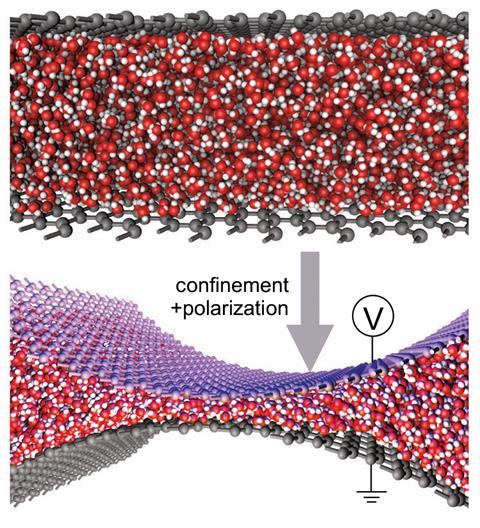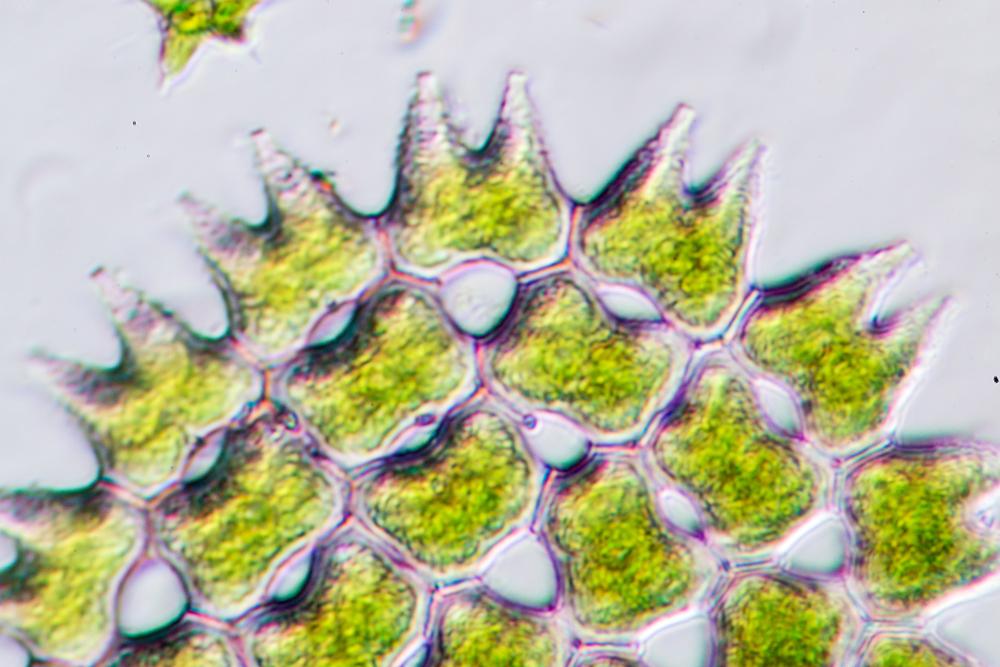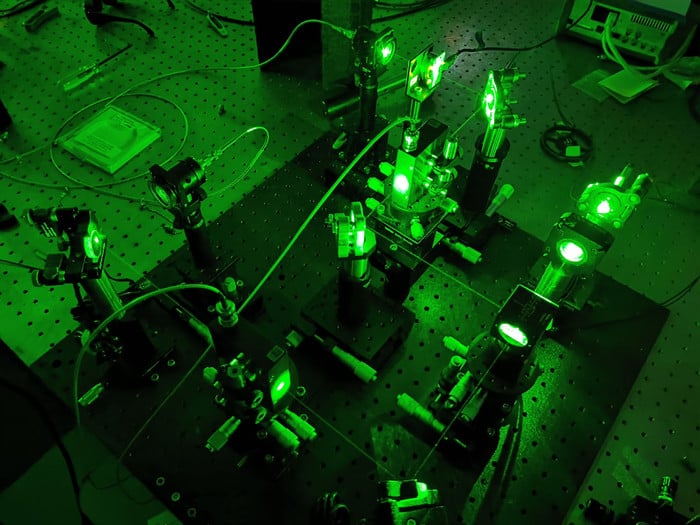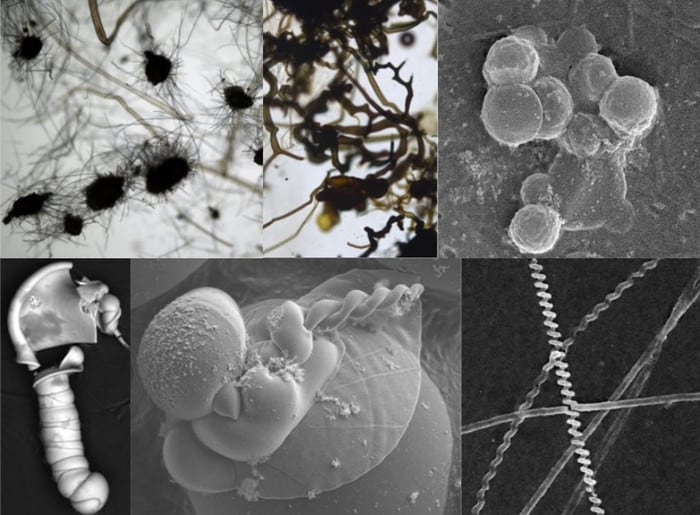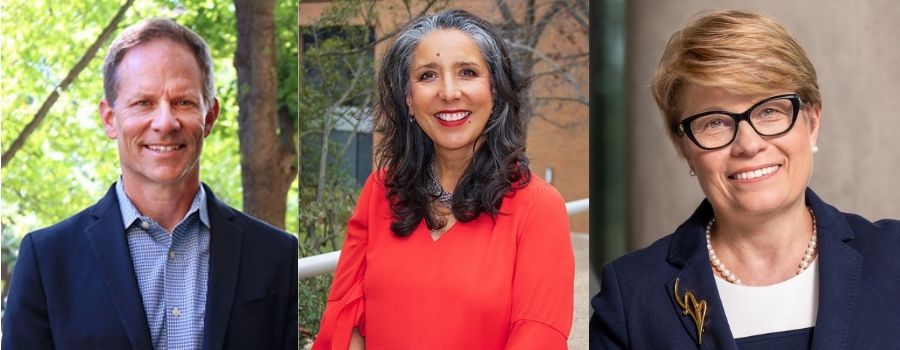Novel psychoactive substances (NPS) – designer drugs like ‘bath salts’ and synthetic opioids – are a scourge of our times. Law enforcement agencies that try to control them and medics who treat their consequences are locked in a cat-and-mouse game with clandestine chemists who quickly devise new compounds, typically by modifying known molecules, to skirt […]
Read More
